 |
| Lieutenant Colonel, Doctor Nguyen Huy Hoang, Vietnam - Russia Hyperbaric Oxygen Center, Ministry of National Defense |
On June 3, the National Steering Committee for Covid-19 Prevention and Control agreed to move Covid-19 from group A infectious disease to group B infectious disease. In my opinion, this is a very important decision.
When it moves to group B infectious disease, people with Covid-19 no longer need to be quarantined or treated, and can move freely.
Therefore, this decision will help crowded facilities such as factories, plants, schools, etc. not fall into a state of confusion when someone is infected with Covid-19. At the same time, the cost of ensuring Covid-19 prevention and treatment is no longer guaranteed by the State budget. Vaccination, if not included in the expanded vaccination program, will incur a fee. Public and non-public medical facilities can proactively develop service packages for Covid-19 vaccination and treatment, based on the needs and affordability of the people.
Need for sustainable epidemic control strategy
Previously, a representative of the World Health Organization (WHO) declared that Covid-19 is no longer a global emergency. However, WHO still recommends that countries be cautious and shift from emergency epidemic prevention and control to sustainable, long-term epidemic control, with some highlights as follows:
Do not be subjective, negligent, or lose vigilance. Continue to maintain national capacity, achievements, and prepare for possible future events to avoid possible overload of the health system.
At the same time, focus on monitoring key areas to detect new variants early; improve treatment capacity to reduce the number of deaths, closely monitor changes in the level of transmission and severity of cases.
Continue to review and update national response plans, be prepared and flexible, and re-establish public health and social measures if necessary, based on the outbreak situation and risk assessment.
Along with that, continuing research, transferring vaccine technology and learning about post-Covid-19 related conditions, needing close monitoring in the context of increasing infections, ready to improve intensive care capacity so that when the number of cases increases, the health system is not overloaded.
In the past, Vietnam has implemented the "Strategy for adaptation, safety, flexibility, and effective control of the Covid-19 epidemic" according to Resolution 128/NQ-CP since October 2021. Therefore, in the coming time, the authorities need to update and develop appropriate response strategies, both to control the epidemic in all situations but at low cost, and to protect the health and rights of the people.
The role of primary health care and preventive medicine
Among the seven recommendations that the WHO Representative in Vietnam made at the meeting in May 2023 chaired by the Ministry of Health, there was a very important content: including Covid-19 vaccination in national immunization (lifelong vaccination), increasing the injection of booster shots, especially for high-risk groups.
Covid-19 is still very dangerous, because of its ability to spread quickly and can cause death, especially for the elderly and those with underlying diseases. Moreover, the SARS-CoV-2 virus continuously has new variants, sub-variants of the virus that have the potential to spread quickly, evade immunity, and reduce treatment effectiveness.
When Covid-19 was classified as a group B infectious disease, the role of primary health care and preventive medicine was very important. However, in reality, the role of preventive medicine is still limited and has not received full and comprehensive attention. Meanwhile, people are still subjective and do not wear masks in high-risk places such as hospitals, shopping malls, train stations, airports, etc., although it is a very effective measure to prevent Covid-19 as well as other respiratory infectious diseases.
Therefore, in my opinion, it is necessary to include the Covid-19 vaccine in the expanded immunization program. However, how to include it and how to apply it to high-risk groups is a matter that needs careful discussion. For high-risk groups such as pregnant women, the elderly, and people with underlying diseases, even if they do not have Covid-19, but have seasonal flu or some other respiratory diseases, they can all develop serious complications.
Therefore, getting enough Covid-19 vaccination and getting regular booster shots are important in reducing the risk of hospitalization and death from Covid-19 in this high-risk group. In my opinion, free Covid-19 vaccination should be applied to these high-risk groups, even annual booster shots like seasonal flu.
There may be more new infectious diseases in the future. Therefore, the most important thing is to improve the body's resistance by limiting alcohol, stimulants, not eating too much processed food, increasing vegetables and fruits in the diet, increasing exercise, controlling stress...
In addition, we need to proactively prevent by wearing masks, disinfecting, and getting vaccinated according to the instructions of the Ministry of Health. In particular, people need to selectively receive information, follow official sources, and avoid listening to false and unfounded rumors on social networks.
Source




![[Photo] Looking back at the impressive moments of the Vietnamese rescue team in Myanmar](https://vstatic.vietnam.vn/vietnam/resource/IMAGE/2025/4/11/5623ca902a934e19b604c718265249d0)
![[Photo] "Beauties" participate in the parade rehearsal at Bien Hoa airport](https://vstatic.vietnam.vn/vietnam/resource/IMAGE/2025/4/11/155502af3384431e918de0e2e585d13a)


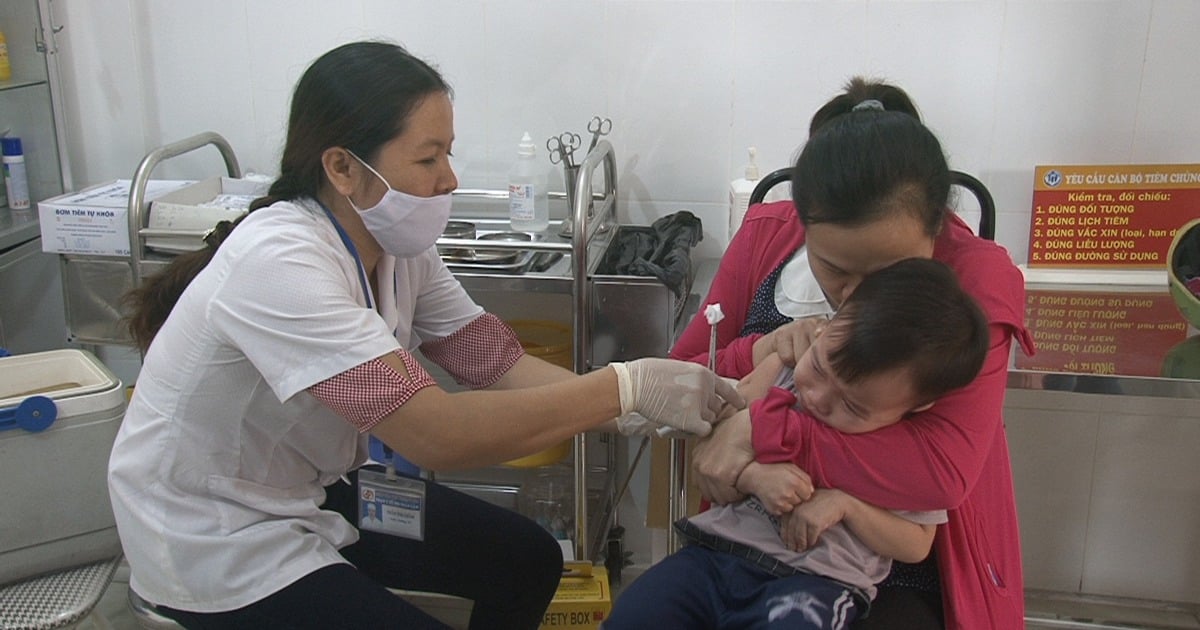



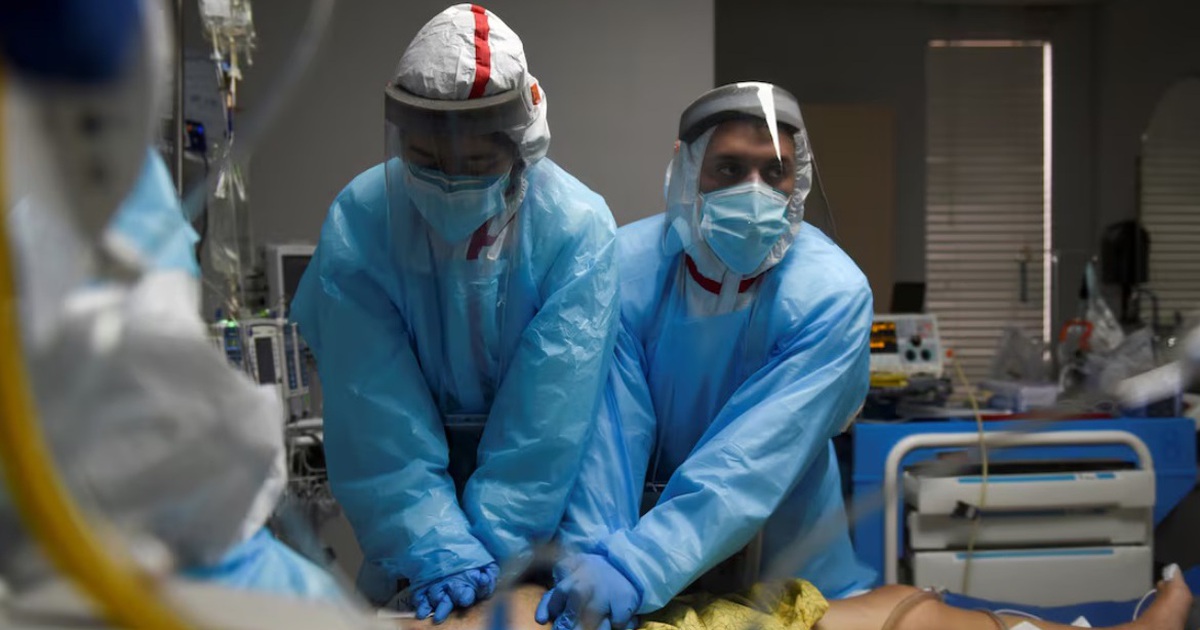

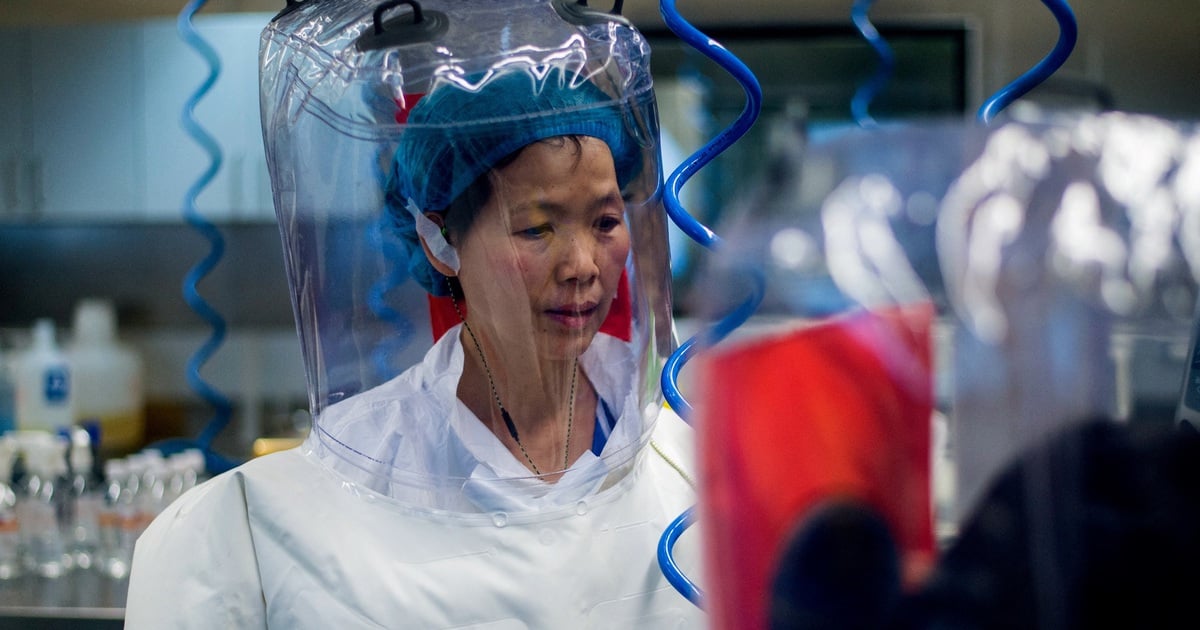

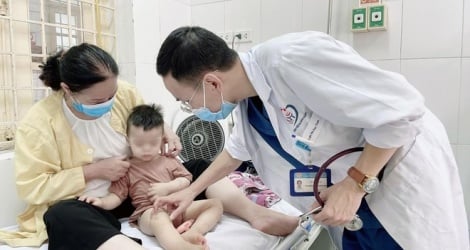

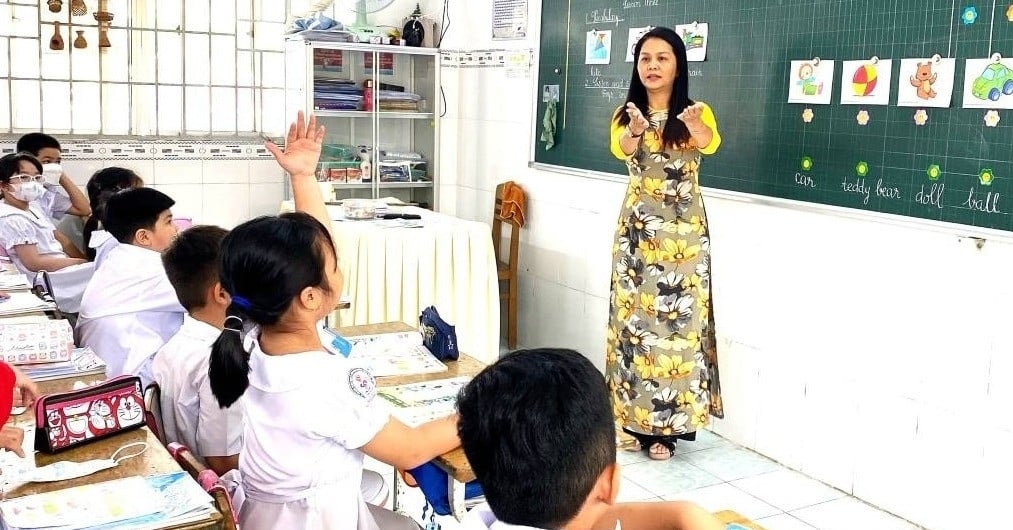


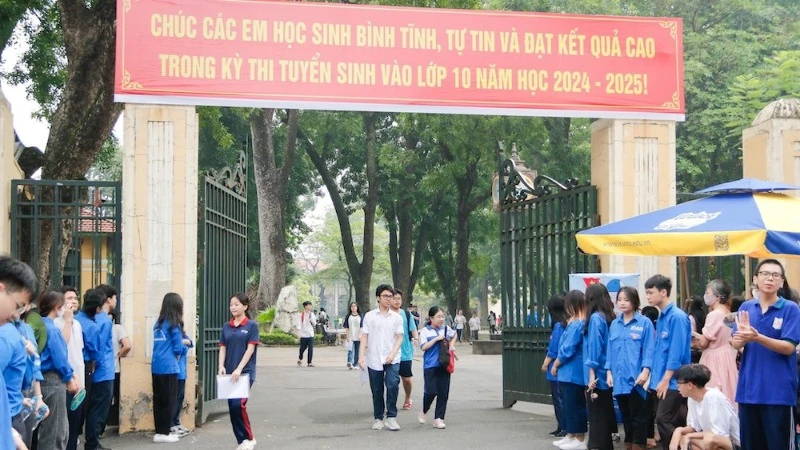
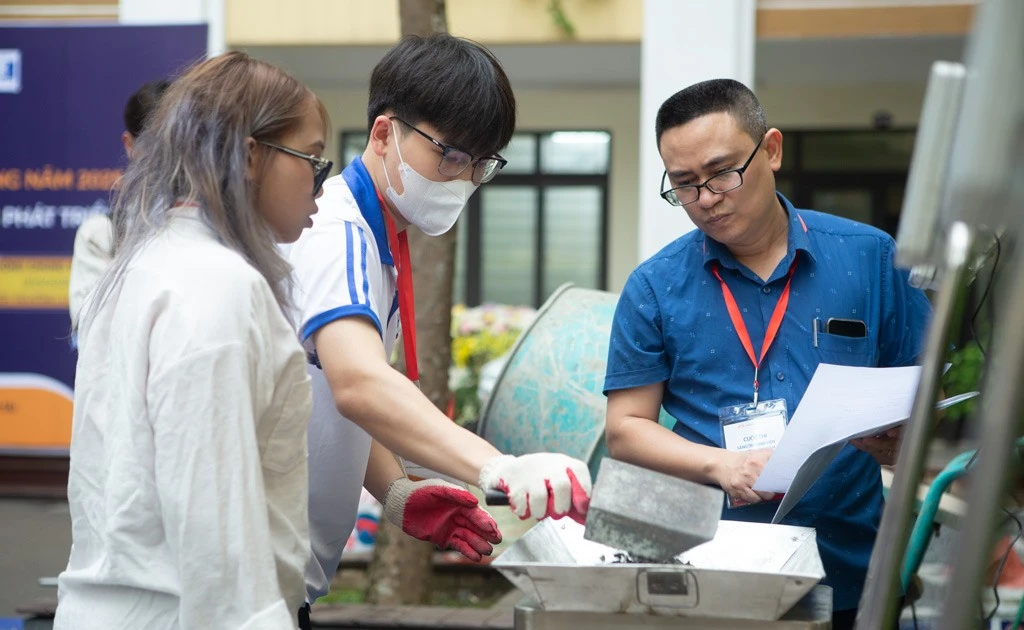
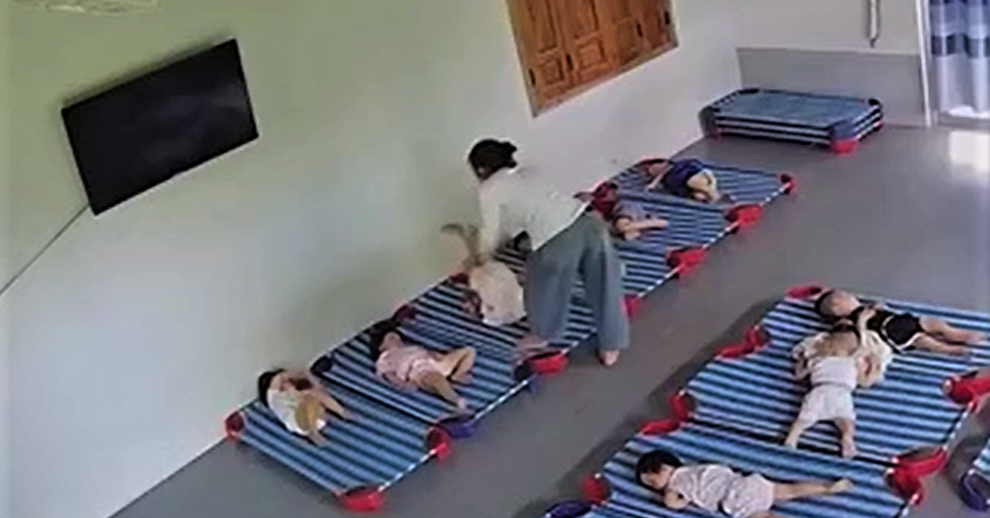




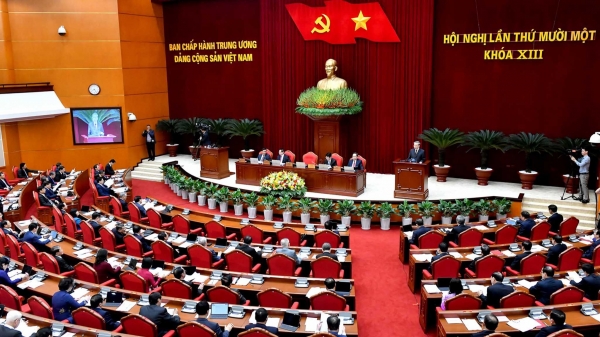


![[Photo] Summary of parade practice in preparation for the April 30th celebration](https://vstatic.vietnam.vn/vietnam/resource/IMAGE/2025/4/11/78cfee0f2cc045b387ff1a4362b5950f)














































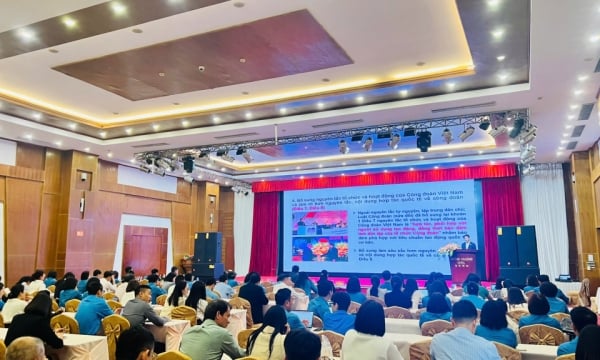


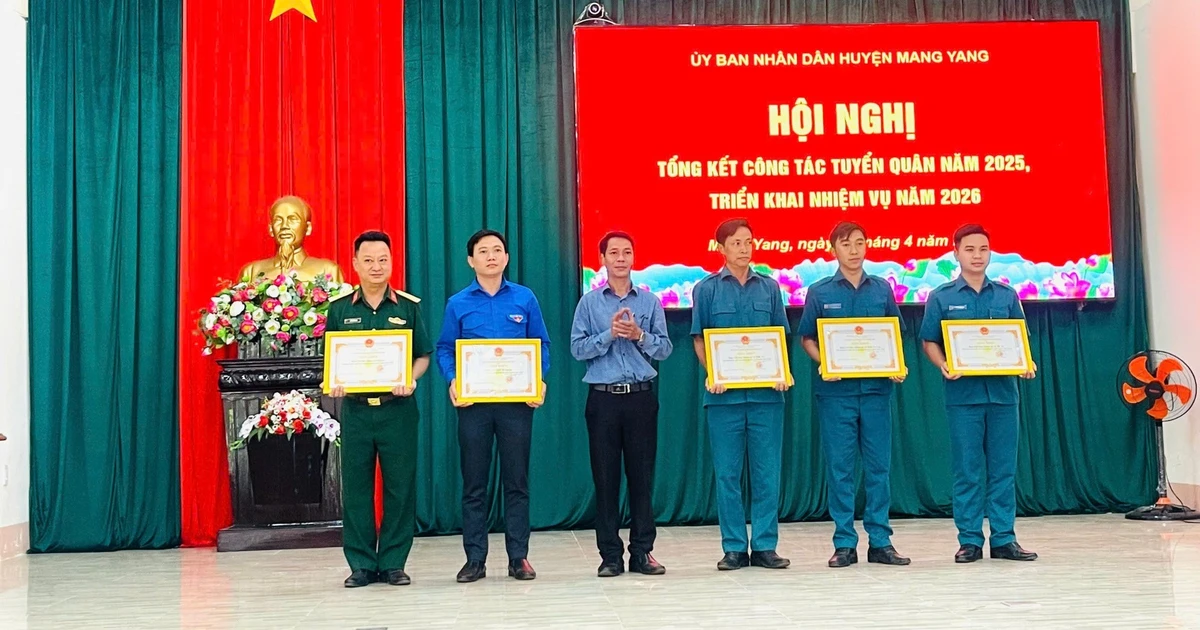












Comment (0)